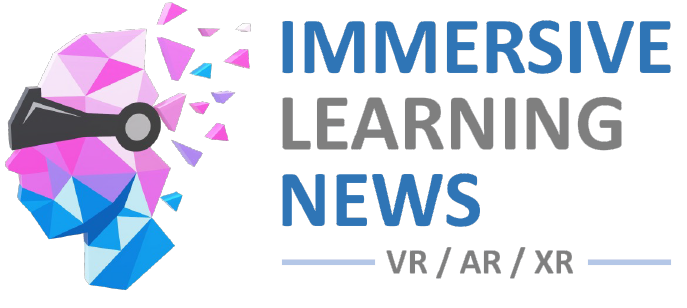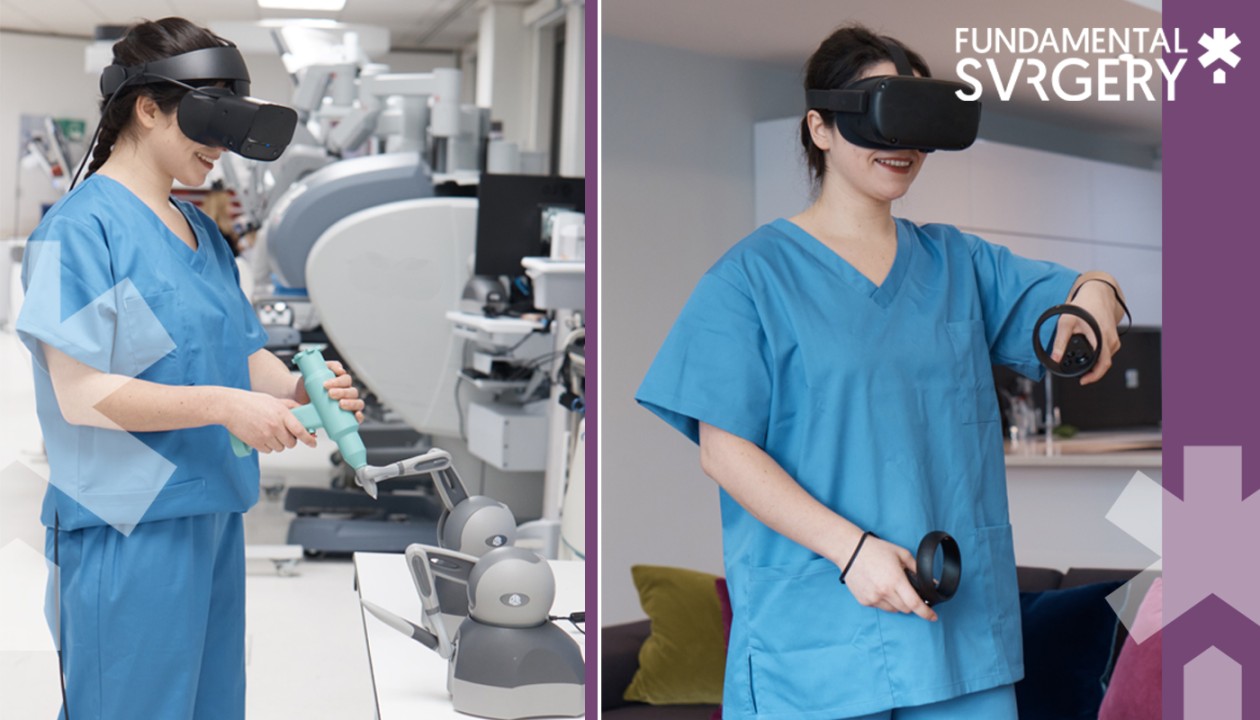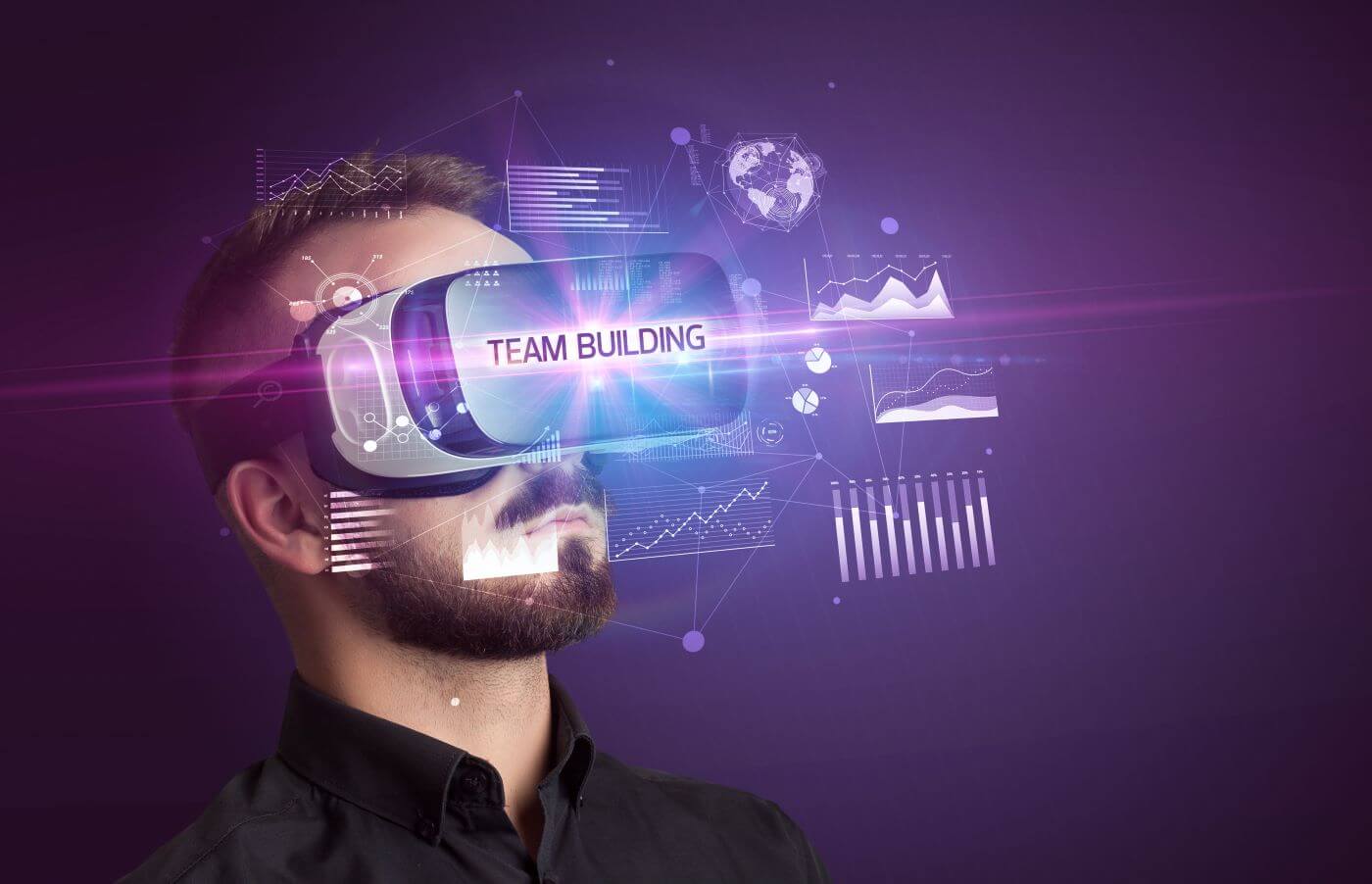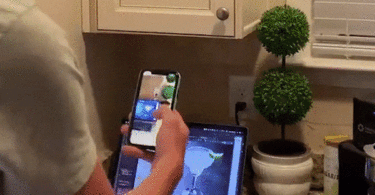With the world adjusting to COVID-19 it is time to consider how surgical and medical training will continue and scale (with a growing global population) how might the future look? It is only at times of great adversity and with even more limited resources do we need to think differently about education, teaching and training.
I’ve been working in online education for over 20 years now from the day where a few of us were hand coding our HTML web pages and worrying about image compression to ensure the server (a box under the desk) could cope. Technology and our teaching practices have evolved enormously giving rise to the potential for not just adding to traditional teaching methods but providing better mediums and modes of learning.
VR is introducing new opportunities for learning
Teaching vocational subjects using learning technologies has for a long time lagged behind purely academic or knowledge-based subjects because of the need to learn knowledge integrated with skills as well as communication and collaboration in authentic learning environments. So this need is at the heart of Fundamental Surgery and our use of VR as means of creating surgical environments, patients and interactive procedures that will enable real opportunities to learn, rehearse and train safely.
The cost of VR hardware has dropped, as the quality of the environments we can create has increased. New innovations such as the Oculus Quest now bring the opportunity for large scale deployment, it was only a few years ago medical schools were issuing iPads to all students so it won’t be long before surgical residents can ‘take the operating room home with them’ by using standalone headsets or other modern technologies.
The development of massive open online courses (MOOCs) platforms such as coursera Futurelearn, edX have shown that online education is hugely scalable and thousands of learners can benefit from high quality teaching from leading experts. In-built knowledge assessment tools and learning analytics provide trainers and teachers with the data to make data-driven decisions to ensure the quality of teaching, learning and support. This is why I’ve been working with our team to ensure our data dashboard and learning analytics research activity is targeted at actionable insights for managing engagement and performance. A direct example within the Fundamental Surgery platform could be the surgical site gaze feature, which can accurately track where the user is looking within the virtual space, creating an exact insight as to evaluate task proficiency.
Video sharing platforms are enormously useful for surgical residents in reviewing surgical procedures but they provide only a passive learning experience (as the quality of resources is variable). VR provides an opportunity to review 360 videos and observe an operation from different perspectives and augment that with contextual and interactive learning opportunities. At FundamentalVR we’ve been working with a range of clients to develop 360 videos to capture expert surgeons and share new techniques or surgical technologies.
When you combine VR experiences with a scalable online platform like Fundamental Surgery that supports learning analytics and quality assured content, you’re able to bring high quality immersive simulations into the hands of surgical trainees in hospital and at home.
Immersive simulations can go way beyond passive single person experiences and provide rich environments that put knowledge acquisition and decision making in context. We are now rolling out the multi-user feature into the FS platform so that we can bring together surgical teams who have never met before or get surgical coaching from a leading key opinion leader in your field.
Medical and surgical training is going to be revolutionised over the next few years because there is a shortage of surgical training in the world, the population is rapidly growing and surgeons who learnt their skills before the capping of hours are going to start retiring. Covid-19 has meant that surgeon’s aren’t flying around the world to take part in training which is costly in terms of time and money.
Imagine the future – how can we be better prepared?
Covid-19 isn’t the first challenge and won’t be the last – but what can we learn from this in terms of medical and surgical training? Imagine every trainee in the country had a VR headset and access to an online surgical training platform. We could be deploying rapid immersive training experiences to trainees within weeks. National agencies would be given the opportunity to monitor progress and track the educational interventions, whilst residency directors could benchmark their surgical trainee performances in simulation with national data.
We now have the technology, the tools and the teaching practices in Fundamental Surgery to make a real difference today and it’s now time for national bodies and residency programs to bring simulations in the daily life of trainees so that we can all help drive better patient outcomes.
Quelle:
https://www.linkedin.com/pulse/remote-online-medicalsurgical-training-new-normal-peter-rainger/?trackingId=GSdAoetYSyiMcJAoAR%2F41A%3D%3D




